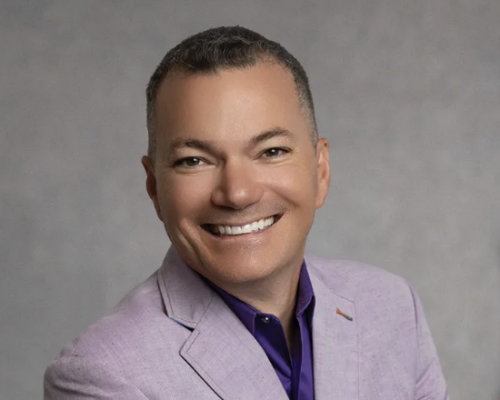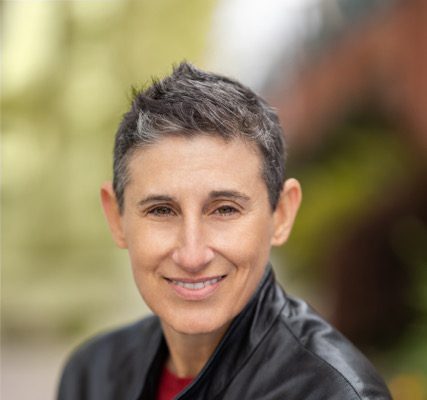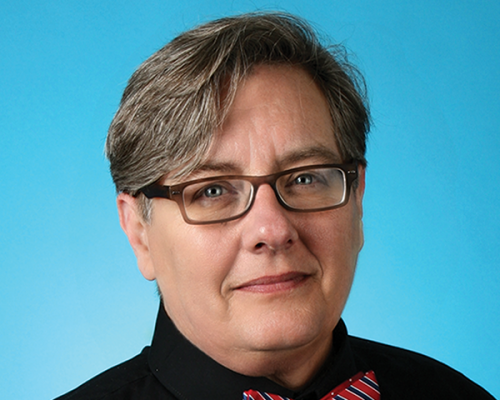by Joe Siegel
Community Marketing & Insights (CMI) has released its 11th annual LGBT Community Survey Report and the findings reveal growing anxiety about the political climate in the United States.
Over 41,000 respondents from LGBT communities in 131 countries participated in the survey. In addition, over 180 LGBT media, events and organizations worldwide partnered with CMI in this year’s study. The survey was sponsored by Wells Fargo.
 |
David Paisley, CMI’s senior
research director |
“The survey shows a community that is still quite economically confident, but now has renewed political and social concerns,” said David Paisley, senior research director for CMI, which is based in San Francisco. “It also shows that the LGBT community desires to and will continue to work with corporations and the business community to create social change to improve the economic lives of LGBT Americans.”
Todd Evans, owner of Rivendell Media (which also publishes Press Pass Q), was pleased by the enthusiasm of LGBT consumers for companies that support LGBT rights.
Evans also cited the increased participation in LGBT Pride celebrations across the nation as a sign of a “reinvigorated” LGBT consumer market.
“The numbers are way up,” Evans said. “More people want to be involved.”
Evans also cited the continued success of LGBT print and online media and noted “publications are what grounds our community.”
With the changing political environment in the U.S., the LGBT community may feel less secure than it did in the recent past. For example, 82 percent of respondents indicated that they fear the loss of LGBT civil rights recently gained.
Overall, LGBT community members are negative about the political and social direction of the country across every indicator tested, with 85 percent indicating that the country is heading in the wrong direction, and 85 percent reporting increased fear of hate crime violence.
Fifty-sex percent of LGBT community members living the U.S. consider the country to be LGBT-friendly, compared to 98 percent of Canadians who consider Canada to be LGBT-friendly. However, most LGBT participants in the U.S. considered their local community to be LGBT-friendly (82 percent), which may be an indication that LGBT Americans move to places where they feel more welcome. This has important implications for local communities in attracting employees and tax dollars, notes the report.
The state-by-state analysis revealed people living in “blue” states had high praise for their state and local community, and those living in “red” states had negative perceptions of their state, but more positive perceptions of their local community.
The report also showed that the pace of same-sex marriages is beginning to slow. Twelve percent of those surveyed who indicated that they were married, said the ceremony was in the past year, compared to 24 percent one to two years ago. CMI expects this percentage to further decrease this coming year as we start to enter a more “stable” era for same-sex wedding rates, perhaps ultimately mirroring the general population.
Every year, CMI asks an unaided “write-in” recall question about brands that participants make a conscious decision to purchase because of their pro-LGBT policies or practices in the past 12 months. In 2017, Target, Apple, Starbucks and Amazon retained their top four rankings. New to the top 12 rankings are Disney, Nike, and Ben & Jerry’s.
CMI estimates that there are about 3.5 million LGBT Americans who work for corporations or own their own businesses, and control at least some part of their business’ spending budget.
Through an analysis of the study data, CMI estimates that the value of “LGBT consumer loyalty-influenced business purchases” spending to be about $18.8 billion (U.S.) annually.
TOP STORY
Volume 19
Issue 4







